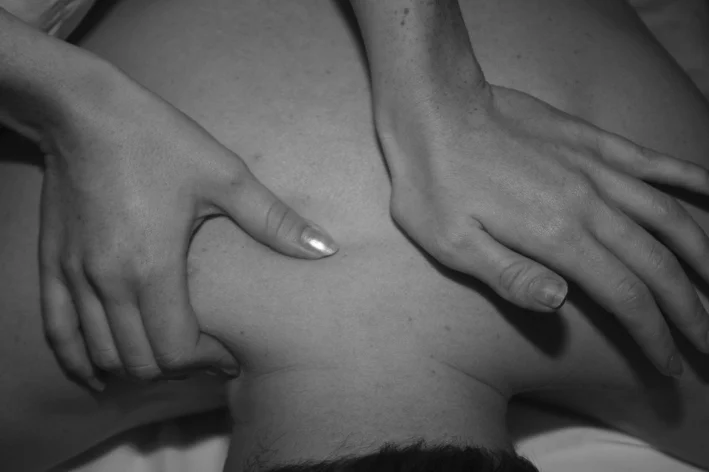
Meet with the best difficulty with gait physical therapists in Washington D.C., District of Columbia
Washington D.C., District of Columbia, Luna employs physical therapists that specialize in treating patients with gait difficulties, regardless of the underlying cause. Our PTs can help patients who are struggling with their gait return to the activities they love, safely and comfortably.
The best part? With Luna, patients can receive physical therapy for gait difficulties right in the comfort of their own homes. Our physical therapists come to you — it’s physical therapy, delivered.

What is difficulty with gait?
The term “gait” refers to a person’s walking pattern. When patients have difficulty with gait, they may walk slowly and stiffly, make irregular movements when walking, shuffle their feet, or take small, jerky steps. There are five categories of abnormal gait: spastic, scissors, steppage, waddling, and propulsive.
Spastic gait can make a person appear stiff and drag his or her feet while walking. With scissors gait, the patient’s legs hit each other when walking. Steppage gait causes the patient’s toes to point towards the ground and scrape the floor with each step, while patients with waddling gait move side to side and swing the body forward instead of walking straight ahead. Finally, patients with propulsive gait walk with the head and neck pushed forward.
Difficulty with gait can occur as a symptom of a number of underlying conditions, or due to an injury. Arthritis, multiple sclerosis, cerebral palsy, stroke, vision problems, an infection in the leg, or in the inner ear can all cause abnormal gait.
Source: MedicalNewsToday

What causes difficulty with gait?
Temporary gait and balance problems are often caused by injury to the legs or feet, inflammation, or non-chronic pain. However, many patients experience longer-term difficulties with gait, which are often the result of specific underlying conditions such as arthritis, multiple sclerosis, a brain tumor, or other muscular or neurological issues.
The most common causes of difficulty with gait include:
- Injury
- Inflammation
- Arthritis
- Multiple sclerosis
- Brain tumor

















